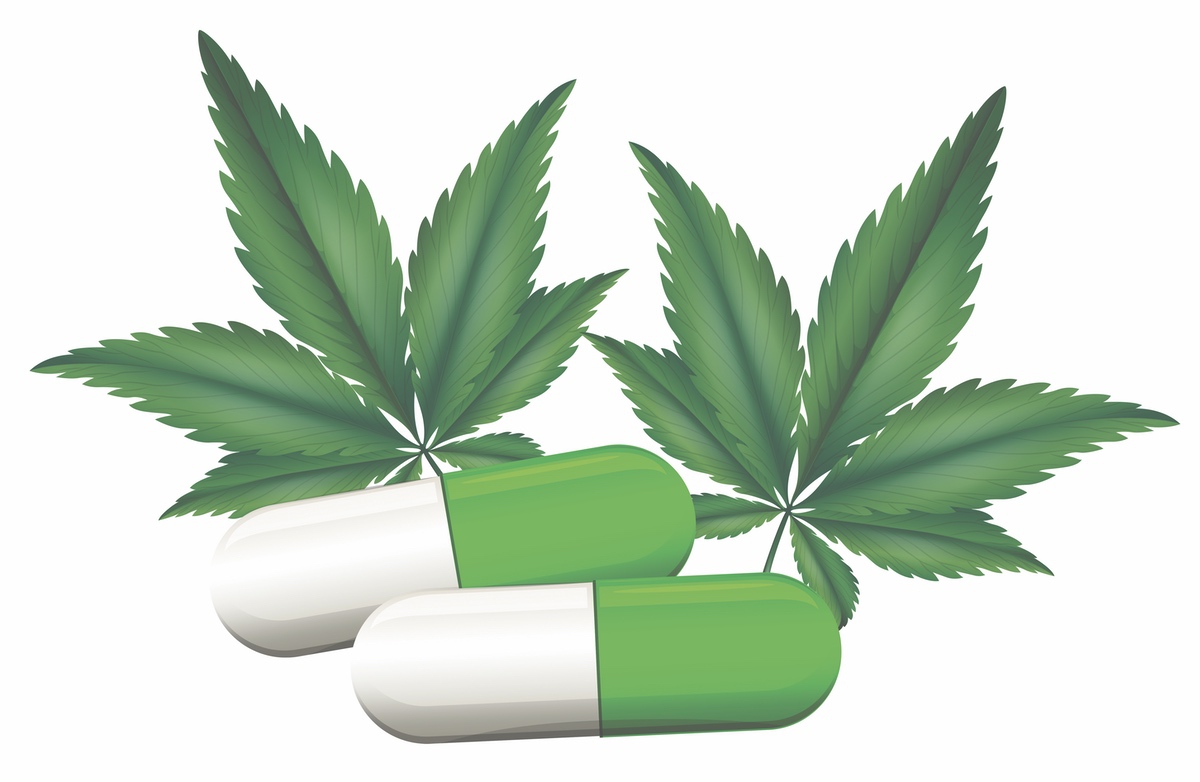The Substance Abuse and Mental Health Services Association informs us that “marijuana use comes with real risks that can impact a person’s health and life.” The association continues “Marijuana is the most commonly used (often) illegal substance in the U.S. and its use is growing. Marijuana use among all adult age groups, both sexes, and pregnant women (a terrible development for the unborn child) is going up. At the same time, the perception of how harmful marijuana use can be is declining. Today’s marijuana is stronger than ever before. People can and do become addicted to marijuana (see my 6th paragraph below).”
Nevertheless, medical marijuana can successfully use the plant or chemicals in the marijuana plant to treat debilitating diseases and conditions of extreme reoccurring pain. It is basically the same product as the recreational plant, but it is taken for purposes of medical usage. The plant contains more than 100 different chemicals or cannabinoids. THC and CBD are the main chemicals used in medicine treatment. WebMD on its medically reviewed page of December 18, 2021, explains that two-thirds of the U.S. states and the District of Columbia have legalized marijuana for medical treatments to be dictated by each individual state’s own laws and qualifying conditions. The problem is that federal laws on the subject supersede any state laws. To date the Federal Drug Administration (FDA) has not approved a marketing application for any marijuana product for any clinical indication. As a result, the FDA and the U.S. Drug Enforcement Administration (DEA) have, thus, concluded that marijuana should remain as a Schedule I controlled substance under federal law. This rating puts the drug in the same category as heroin, LSD, and ecstasy – all of which can be likely abused and lack medical value.
However, due to proven research, three drugs have passed judgment under different classifications (schedules) of the Controlled Substances Act (CSA).
1. The oral drug Epidioloex, which contains no more than .1% THC, has been approved as a Schedule V drug under the CSA in its treatment for two severe forms of epilepsy: Dravet syndrome and Lennox-Gastaut syndrome.
2. Marinol is a synthetic THC capsule and Schedule III CSA drug used to control nausea and vomiting in cancer treatment and to stimulate appetite in AIDS.
3. Syndros is an oral THC solution used for treatment of anorexia associated with weight loss that can’t be controlled. It is a Schedule II drug under the CSA.
My last paragraph of Part 1 on this subject reveals the chronic health conditions that might be treated in the state of Illinois. Besides the grave above mentioned medical issues, ALS, Fibromyalgia, Autism/ASD, IBD, Lupus, MS. PD, PTSD, RA, Migraines and Major Spinal Cord Disease and Injury are also under possible consideration for treatment in our state. *Do note, however, that this list is subject to continual change.
Here are the numerous ways that medical cannabis can be taken into the unhealthy body:
1. Smoke it
2. Inhale it through a device called a vaporizer that turns it into a mist
3. Eat it – for example, as a lollipop or brownie
4. Apply it to your skin in a lotion, spray, cream, or oil
5. Place a few drops of a liquid under your tongue. *Each technique differs in the length of time you may feel the plant’s effects.
Doctors prescribing medical scripts should follow through with their patients to see if any of the following adverse side effects occur: Bloodshot eyes, dizziness, fast heartbeat, low blood pressure (sometimes after a brief period of possible high blood pressure), depression/patients already having anxiety or mood disorders, hallucinations, judgment and coordination problems. The drug might affect IQ and mental function when taken during the teenage years. It also might increase the risk for bronchitis and lung harm. The National Institute on Drug Abuse warns that marijuana can be addictive (1 in 10 adults/1 in 6 non-adults if used before age18); it is also considered a “gateway drug” to using other drugs. *WebMD issues a warning that because medical marijuana is not overseen by the FDA, the drug may not be tightly controlled in dosage and ingredients as a prescription drug would be.
The question arises that “If marijuana is decriminalized in Illinois, are police still enforcing laws regarding the drug?” The answer is “Yes.” There is no public consumption allowed for cannabis here. Smoking or consuming weed is illegal in motor vehicles and public places, including your front porch. Check on the state laws in Illinois concerning Class A misdemeanors as to the weight of the rec/med drug allowed, how the marijuana has been packaged and where carried, and especially, whether the car containing the marijuana is situated on a road.
Exceptions of ILLINOIS STATE LAW do exist for medical marijuana as far as misdemeanor charges being applied. The important rule here is that a gravely ill patient must have received their Illinois medical permission card from a State of Illinois licensed clinical professional.





